Business Email: Integrating Business Email with Task Management Software and Comprehensive Productivity Solutions
From Communication Tool to Comprehensive Task Coordination Platform
In the context of widespread digital transformation globally, optimizing internal communication tools becomes a vital element for any business – whether it's a small startup or a large corporation. One of the essential platforms in this process is business email, especially when it's seamlessly integrated with task management software like Trello, Asana, Notion, ClickUp, Microsoft Planner, or even CRM systems like Zoho CRM, Hubspot, Salesforce…
No longer just a traditional means of exchanging electronic mail, business email today becomes a task coordination center – the origin, storage, routing, and tracking of all internal tasks and customer communications. The combination of a business email system with a private domain name (e.g., hanhchinh@abcgroup.vn, banhang@congtyxyz.vn) and management software creates a seamless, consistent, and more transparent workflow than ever before.
Limitations of Disjointed Working Systems
Before discussing integration, it's necessary to recognize the consequences when businesses operate on a "disjointed" ecosystem, where each working tool (email, work calendar, task assignment software, document storage...) operates independently without close connection:
Distributed and difficult-to-control information: An important email sent to the accounting department may be overlooked if no one is responsible for processing it or if it is not created as a specific task. Attachments scattered across multiple email threads make it difficult to compile information.
Lack of synchronization of time and plans: Meeting schedules sent via email but not synchronized with calendar management software cause employees to be unable to respond in time or experience scheduling conflicts.
Lack of transparency in task processing: It's impossible to know if an email has been responded to, who is in charge, or if the deadline is being missed. When problems arise, "tracing" is very difficult.
No data to measure performance: Email is not linked to tasks, so the number of tasks, response time, or processing quality – important indicators in human resource management – cannot be measured.
From these inadequacies, it's easy to see that businesses wishing to operate smoothly must integrate business email with the task management system. This is not just a technical solution, but a long-term strategy to optimize operations and productivity.

Core Benefits of Integrating Business Email with Task Management Software
Accelerate Communication and Responsiveness
In a typical processing procedure, when an email arrives (e.g., a customer's technical support request email), employees must:
Read email → copy content → open task management software → create task → select assignee → set deadline.
The entire process takes several minutes to several tens of minutes and is prone to errors if the operation is not accurate. However, when business email is integrated, this process becomes almost automated:
Email arrives → the system creates tasks automatically → assigns assignee based on logic or keywords → sends notification → starts processing.
Real-world example:
Email arrives from a customer with the subject: “Software A technical error” → The system creates a task “Fix Software A error” in ClickUp → Assign to technician A → Set processing time to 24 hours → Automatic progress updates sent via email to manager.
Shortening the conversion time from information to action is one of the greatest values of business email integration.
Automate Processes – Reduce Manual Operations
Not only creating tasks automatically, the integrated system also allows creating complex processing scenarios, including:
- Creating work when email contains the keywords "quote", "order", "support", "urgent"...
- Attaching labels/tags based on the type of work: urgent, needs review, technical, financial…
- Setting up a workflow: Stage 1 – Reception → Stage 2 – Processing → Stage 3 – Inspection → Stage 4 – End.
- Warning if there is no response 24 hours after receiving the email.
- Process automation helps reduce errors, save time, and unify working methods between different personnel and departments.
Business email helps easily manage data and work
When every email – whether it's an order, quote, meeting schedule, or technical document – is linked to a specific task, businesses will have a more comprehensive and transparent view:
Managers know exactly which email this job originated from, what the content is, what the deadline is, and who is in charge.
Employees do not need to find old emails to review attachments – everything is saved in one place (task, project or information card).
The system easily retrieves work processing history, strongly supporting performance evaluation and customer feedback.
In particular, when integrated with software such as Google Workspace, Microsoft 365 or Zoho Mail, searching, filtering emails, attaching tags, and assigning tasks by project becomes extremely convenient, helping to reduce information loss.
Real-time Performance Statistics
When using business email integrated with task management software, you can track many important metrics such as:
- Email processing rate by task type (quote, support, order…)
- Average response time per email
- The number of tasks created from email
- Percentage of emails not responded to after 24h, 48h
Work processing performance of each employee based on email input source
These statistics help leaders make timely decisions, identify bottlenecks, redistribute resources, and adjust processes to suit actual operations.

Why Integrate Business Email with Task Management Software?
Unify Working Platforms
Integration helps turn email into the starting point for every workflow:
- Email arrives → create task → assign assignee → track progress → store results.
- Synchronize notifications, update work in real time.
- Handle tasks directly in the mailbox without switching platforms.
Increase Efficiency and Response Speed
Integrating email with tools like Trello, Asana, Notion, ClickUp helps automate:
- Convert emails into tasks.
- Update deadlines, attach priority tags.
- Send instant notifications when work status changes.
Minimize Errors and Systematically Store Information
- When email is integrated with the task and project system, data will:
- Be stored in order, with clear classification labels.
- Be able to extract the working history of an individual or group.
- Limit emails from drifting or being forgotten.

Specific Benefits of Integrating Business Email with Task Management Software
Seamless Communication, Avoid Disruption
The synchronized system allows departments such as Marketing, Sales, Projects, and Engineering... to handle tasks seamlessly, minimizing the situation of waiting for responses through many different channels.
Clear Authorization and Control
- Assign task handling rights directly from incoming email.
- Managers can track who is doing what and how far the progress has gone.
- Actions are logged in detail.
Measuring Work Performance
- Calculate how many emails generate valuable work.
- Measure processing speed from when the email arrives until the task is completed.
- Analyze completion rates and average time to resolve each type of task.

Popular Task Management Software with Effective Business Email Integration
Trello – Intuitive and Easy to Use
- Email arrives → automatically create cards in the Trello board.
- Attach tags, deadlines, and assignees directly.
- Synchronize communication through email comments.
Asana – Clear Processes
- Create tasks directly from email.
- Track progress, update deadlines in real time.
- Attach emails to specific projects to avoid information straying.
ClickUp – Versatile and Highly Customizable
- Embed email into tasks to store communications.
- Set up automatic workflows for each type of incoming email.
- Report the entire processing journey from email to task.
Notion – Combine Notes and Work
- Integrate via API to automatically transfer emails into the database.
- Attach tags, assignees, and schedule reminders right in the card.
- Save the entire email content as a reference document.

Step-by-Step Guide to Setting Up Business Email Integration
Step 1: Identify Business Needs
- How many employees need to use it?
- What email platform are you currently using?
- Integration goals: communication, management, or measurement?
Step 2: Choose the Right Platform
| Scale | Recommended Software |
| Under 10 people | Trello, Notion |
| 10 - 50 people | Asana, ClickUp |
| Over 50 people | Microsoft Planner, Monday.com |
Step 3: Choose an Email Provider
- Google Workspace: Tightly integrated with Trello, Asana, ClickUp.
- Microsoft 365: Perfectly synchronized with Outlook, Teams, Planner.
- Zoho Mail: Supports custom APIs, saving costs.
Step 4: Set Up Security Before Integration
- Activate two-factor authentication (2FA).
- Clearly assign rights: who is allowed to create/receive tasks from email.
- Monitor access history to avoid system exploitation.
Step 5: Train Staff to Use It Correctly
- Label emails correctly (e.g., “[Bug]”, “[Task]”, “[CSKH]”).
- Create a habit of turning emails into tasks as soon as they are received.
- Instructions on how to update progress and respond in tasks instead of replying to individual emails.
Important Notes When Implementing Business Email Integration
Do Not Integrate Randomly
- Only integrate emails with clear action value.
- Avoid creating tasks from advertising emails or irrelevant notifications.
Ensure Process Consistency
- Each department should have its own standard when creating tasks from email.
- Limit confusion and avoid overlooking responsibilities.
Check and Improve Regularly
- The effectiveness of integration should be evaluated every quarter.
- Update workflows when organizational or software changes occur.
Contact Information
- MIMA Trading Service Company Limited
- GPDKKD: 0318672839 issued by the Department of Planning and Investment of Ho Chi Minh City on September 17, 2024
- Address: 31/3B Thoi Tu 1 Hamlet, Dong Thanh Commune, Ho Chi Minh City, Vietnam
- Phone: 0909 035 333
- Website: https://mimadigi.com
- Email: info@mimadigi.com




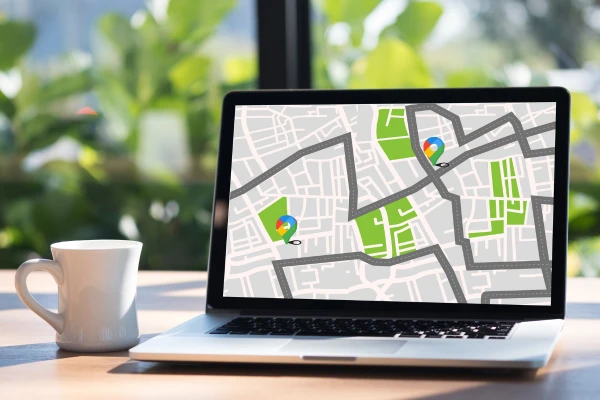




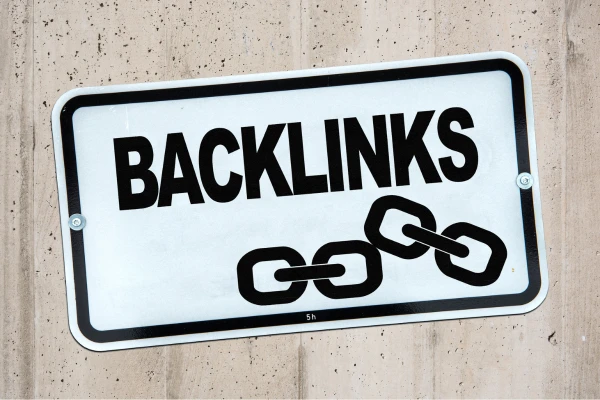

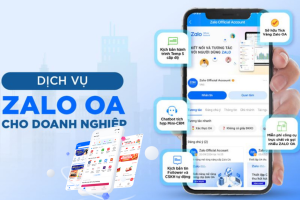
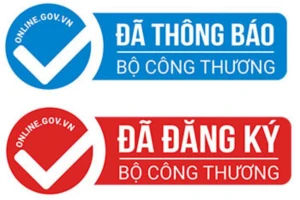
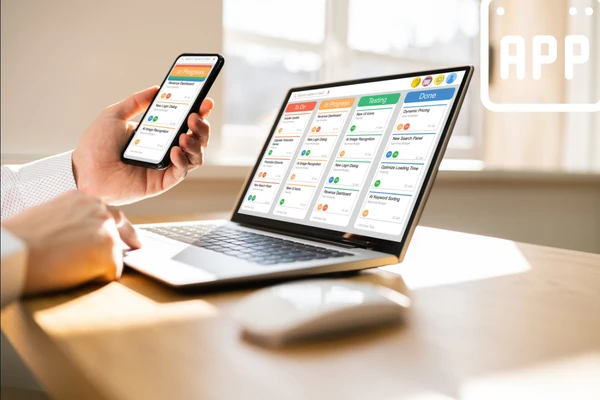
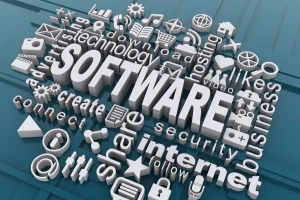





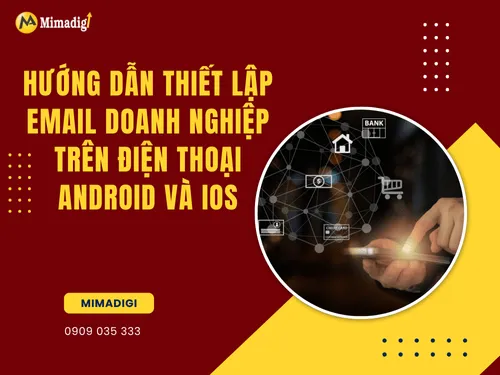
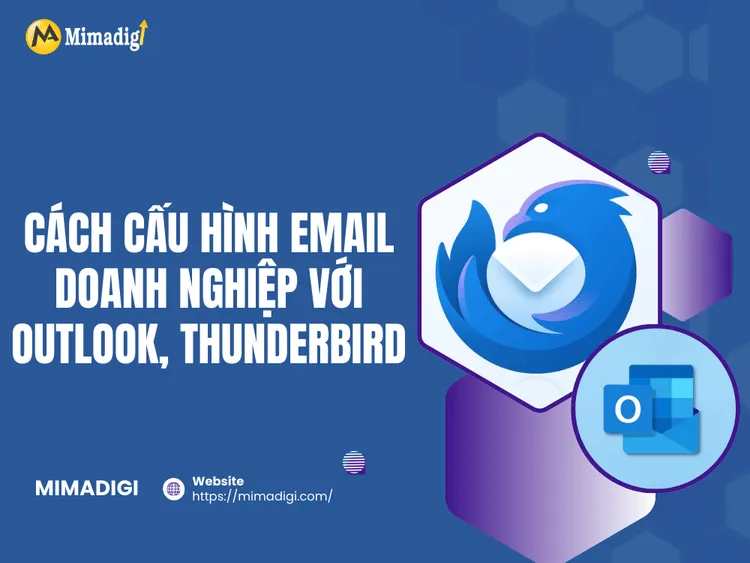
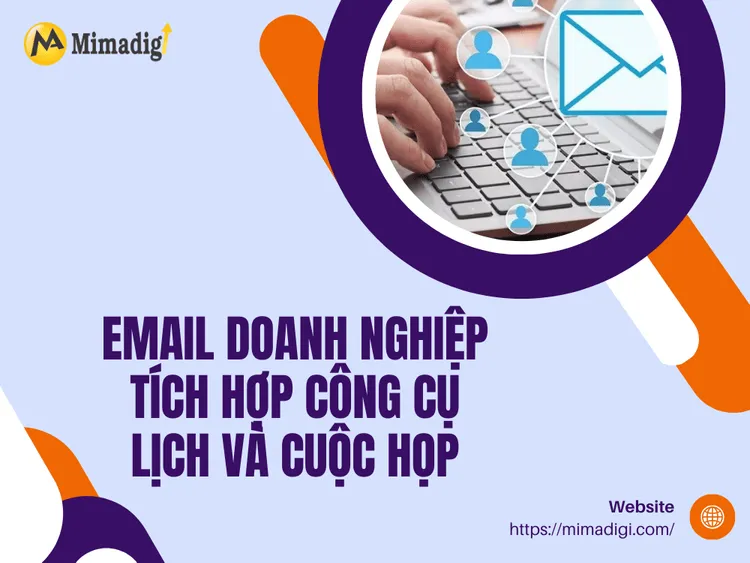



Share your review